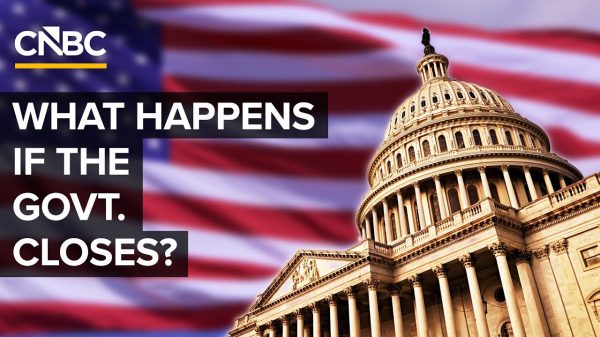The cannabis industry is perpetually in the headlines as new laws and ballot initiatives arise across the nation, with the re-introduction of the Secure and Fair Enforcement (SAFE) Banking Act on Capitol Hill and the potential of rescheduling cannabis being the latest headline-grabbers. While SAFE and a rescheduling of cannabis would address many of the financial obstacles in the cannabis market, a myriad of other hurdles still exist while changes like these are making their way through the political process.
SAFE is currently navigating its way through Congress, with its key provision of removing penalties on financial institutions that service legal cannabis businesses in the balance. SAFE’s passage would liberate cannabis businesses from the cash-only status quo, which would circumvent inefficiencies in paying employees, paying taxes, and storing revenue. This bill would also resolve the dangers of cash-only operations, as the cannabis industry is at serious risk of burglary and its employees at grave risk of danger. SAFE is currently scheduled for mark-up in the Senate, which is a positive sign.
Recently, the Department of Health and Human Services (HHS) recommended rescheduling cannabis to Schedule III. This recommendation is currently being reviewed by the Drug Enforcement Agency and it is not clear what action, if any, it will take on the HHS proposal. The rescheduling recommendation was certainly seen as a welcome step forward for a number of reasons.
In fact, the incremental changes from banking in rescheduling collectively or separately could be helpful to an industry that continues to face difficult financial challenges unique to the cannabis sector. There are a number of other efforts underway to address similar issues, but as these initiatives make their way through the political ether, cannabis businesses will continue facing tough financial realities.
In addition to the cash-only restrictions, the cannabis industry is also saddled by the same inflation and a post-pandemic spending regression hitting the entire economy. Oversupply also continues to pose a broad set of challenges to the adult-use cannabis industry.
Because cannabis is federally illegal, it is impossible to move it from the legal states that act as hubs for production, such as California or Washington, to various states which have legalized adult-use cannabis but simply don’t have the climate to grow cannabis at large-scale, like New York or New Jersey. This has resulted in drastic supply and demand imbalances, driving down prices in competitive markets that are saturated with both regulated and illicit actors. To that end, the illicit market remains one of the tallest financial hurdles for the adult-use industry.
Illicit actors are not burdened by the cost of producing safer products for cannabis consumers, enabling them to charge lower prices. In an industry like cannabis where many customers are spending limited discretionary income, cheaper prices are a driving force, adding to the financial pressures on the adult-use market.
Furthermore, the illicit market is unaffected by the IRS. Under section 280E of the Internal Revenue Code, businesses are forbidden from deducting otherwise ordinary expenses from gross income associated with Schedule I or II substances. This provision poses yet another financial burden on the adult-use cannabis market, further cannibalizing profit margins.
It is clear that there is no shortage of financial challenges facing the adult-use cannabis industry, but I am encouraged by the potential solutions already underway.
Dozens of states have already legalized adult-use cannabis, and even more have legalized it for medical use. As more states and local jurisdictions continue to legalize, illicit actors will have fewer places to traffic their cannabis. Additionally, as the world continues to rebound from pandemic-fueled global inflation hikes, a rising tide will lift all boats, strengthening the cannabis market. These changes are likely to occur, but there are additional actions that can be taken to bolster the adult-use market.
States such as California have begun addressing oversupply by passing legislation that would allow interstate trade of cannabis between licensed entities in different states. Additionally, international cannabis trade could further address market imbalances, if properly regulated. Incremental change at the federal level, such as rescheduling cannabis as a Class I Drug, as HHS has recommended, or amending the provisions of 280E would also provide meaningful progress for the adult-use industry. And of course, a sustained enforcement of our existing laws on illegal actors would fortify the adult-use market.
The adult-use cannabis industry is still in its early stages, and I am continuously inspired by the speed of its growth and depth of its embrace by jurisdictions across the country. Financial hurdles still remain, but I am confident we will overcome them as we continue working toward an adult-use cannabis industry that is safe and accessible throughout the nation.
Read the full article here





